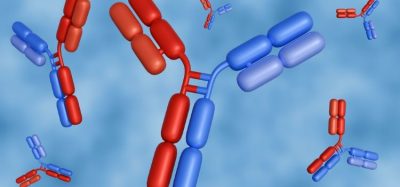Demand for ‘specialist skills’ in UK cell and gene therapy, says report
Posted: 3 February 2020 | Hannah Balfour (European Pharmaceutical Review) | No comments yet
A skills demand report has stated that employment in the UK cell and gene therapy industry is expected to double by 2024, but must be supported by targeted academic courses.


A report released by the Cell and Gene Therapy Catapult (CGT Catapult) states that employment in the UK cell and gene therapy industry is set to double by 2024. This increase, according to the report, must be supported by targeted programmes that provide the necessary skilled staff.
The UK cell and gene therapy skills demand report highlighted that jobs in this industry had expanded from 500 in 2012 to over 3,000 in 2019, and predicted it would grow to more than 6,000 by 2024. The report particularly highlighted the growth of the manufacturing and bioprocessing sector, which currently has 1,700 roles – triple that of two years ago.
The report suggests that the growing Advanced Therapy Medicinal Product (ATMP) ecosystem and the increasing number of clinical trials being run in the UK are drivers of this growth. In particular, the CGT Catapult cite the expanding pipeline of ATMPs in approved for use and in clinical trials, as promoting the demand for specialised personnel.
However, the report indicates there are concerns over how demand will be met; primarily, the availability of targeted academic courses.
The CGT Catapult concluded that initiatives such as the Advanced Therapies Apprenticeship Community (ATAC) would be important to prevent shortages of skilled workers going forward.
The ATAC, was the first apprenticeship scheme set up in collaboration with the Medicines Manufacturing Industry Partnership, designed to train and upskill people in ATMPs. The programme was awarded £1.5m funding by the Industrial Strategy Challenge Fund, has developed five courses and currently supports 21 companies.
Related topics
Bioprocessing, Drug Manufacturing, Drug Markets, Drug Supply Chain, Gene therapy









